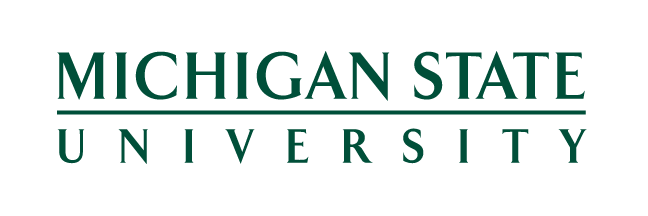Tara Kilbride
EPIC, Michigan State University
Bryant Hopkins
EPIC, Michigan State University
Katharine O. Strunk
Director EPIC, Michigan State University
Dongming Yu
EPIC, Michigan State University
EPIC researchers used K-8 math and reading benchmark assessment data from the 2020-21 and 2021-22 school years to investigate each of the following questions:
- How did achievement trajectories of Michigan students throughout the 2020-21 and 2021-22 school years compare to national or state trends from pre-pandemic? To better understand how much the COVID-19 pandemic has affected Michigan students, we examine how average scores on state-mandated benchmark assessments for K-8 students have progressed during the 2020-21 and 2021-22 school years. We then compare students’ trajectories to national and Michigan-specific norms from pre-pandemic.
- How did student achievement growth in 2020-21 and 2021-22 compare to typical year-to-year growth before the COVID-19 pandemic? We compare students’ growth on fall and spring benchmark assessments from 2020-21 and 2021-22 to national and state norms that each assessment provider established before the COVID-19 pandemic for students in the same grade level and subject with similar initial achievement scores.
- How did achievement growth differ across subgroups of students? We compare patterns in student achievement growth across demographic subgroups as well as subgroups of students whose districts offered different modes of instruction (i.e., in-person, hybrid, or remote) in 2020-21 and students who received different modes of instruction in 2021-22.



